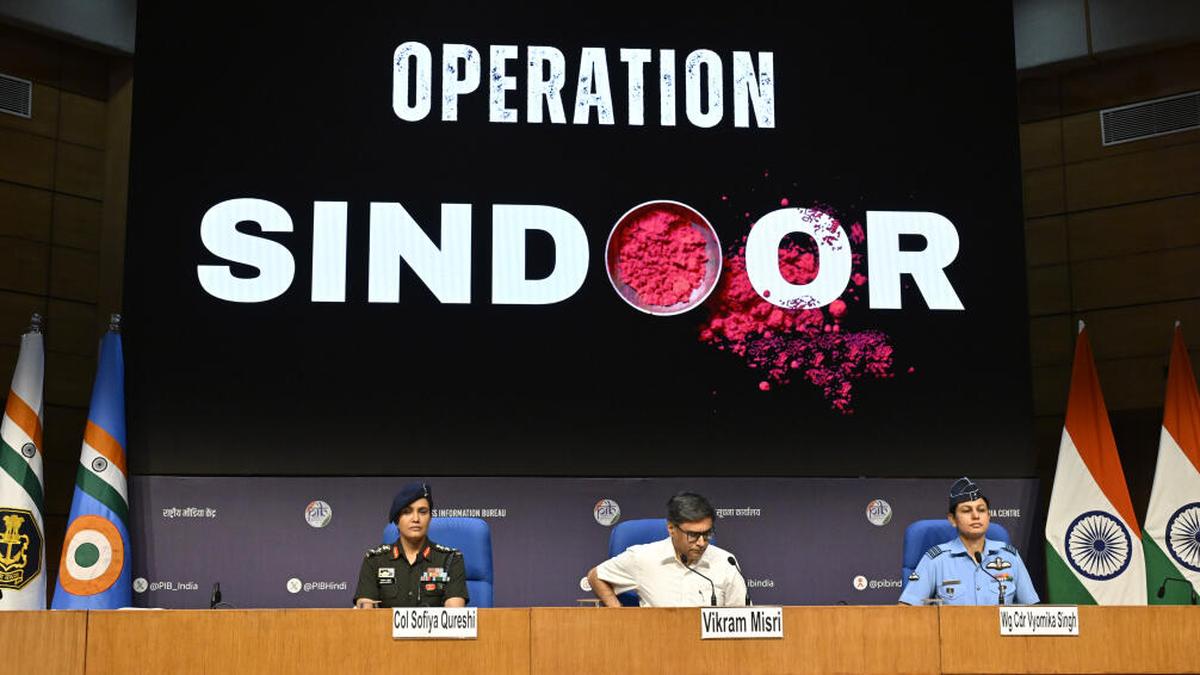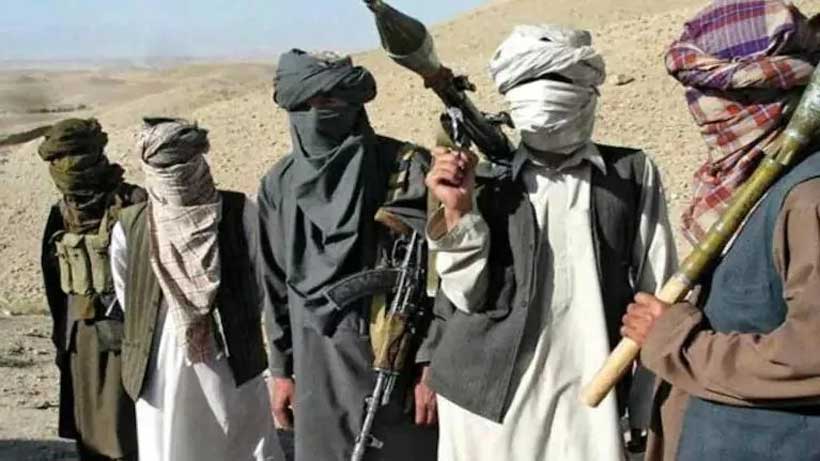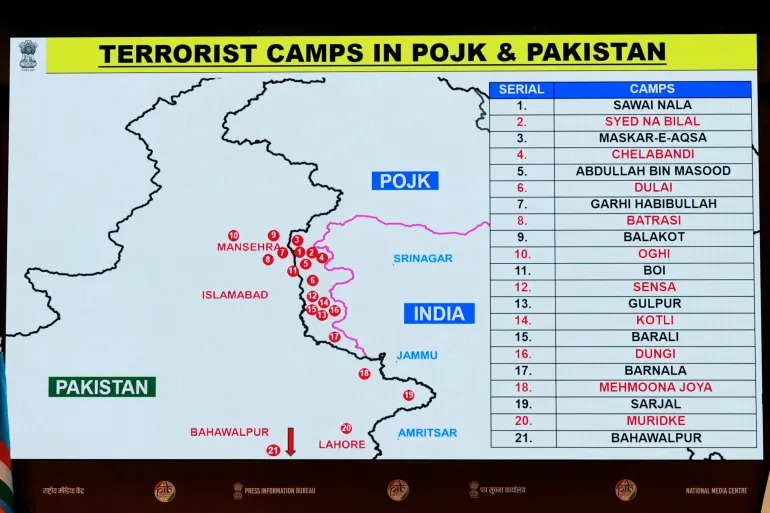
Pakistan has dozens of terrorist organisations which operate from its soil and export terrorism to rest of the world. These organisations have a financial ecosystem that has survived the international scrutiny and multiple operations from international agencies to stop terror financing.

Pakistan has five broad categories of terrorist organisations: (1) Globally oriented; (2) Afghanistan-oriented; (3) India-oriented; (4) Domestically oriented; and (5) Sectarian (anti-Shia).
The India-oriented terrorist organisations include: Lashkar-e-Taiba (LET) formed in the late 1980s; Jaish-e-Mohammed (JEM) founded in 2000; Harakat-ul Jihad Islami (HUJI) formed in 1980; Harakat ul-Mujahidin (HUM) was established in 1998; Hizbul Mujahideen (HM) was formed in 1989.
According to a study paper “Pakistan Army and Terrorism; an unholy alliance” done by Amsterdam based, European Foundation for South Asian Studies (EFSAS), Amsterdam, “Pakistan… plays a key role in funding these terrorist organizations. As per reports, the yearly expenditure of ISI(Pakistan’s intelligence agency) towards the terrorist organizations runs between 125-250 million USD, covering salaries, cash incentives for high-risk operations and retainers for guides, porters and informers.”
An internal report of Pakistan governments Financial Monitoring Unit(FMU) , titled “National Risk Assessment on Money Laundering and Terrorism Financing 2017” has details of how terror groups are generating funds in Pakistan. This report was never made public but excerpts of these reports were quoted by Noor Zahid and Madeeha Anwar in a Voice of America report published in 2017. The duo exposed the funding of Pak terror groups in a report titled ‘Pakistan Terror Groups Get Rich From Crime, Money Laundering’

According to Zahid and Anwar, “Waves of crime in Pakistan — including extortion, smuggling and kidnapping for ransom — are major sources of terrorist financing for extremist groups in the country. “Main sources of income of terrorists in Pakistan include foreign funding, drug trafficking, kidnapping for ransom, extortion from business, vehicle snatching,” according to the 45-page confidential report by FMU, which is an intelligence service department within Pakistan’s Ministry of Finance.
“The report, which had not been released publicly, says over 200 local and international terrorist organizations generate billions of Pakistani rupees to fund their activities. Annual operational budget of terrorist organizations is from 5 million rupees [about $48,000] to 25 million rupees [about $240,000],” the report said, according to The News website, which published these excerpts.
‘Terrorism Monitor’ of Jamestown Foundation revealed in December 2024 another important facet of terror funding in Pakistan. It said, “Terrorist groups in Pakistan frequently use high-denomination currency to finance their operations. Permitting a large number of high-value notes to be in circulation makes it easy for bad actors to transfer considerable amounts of money without a digital footprint, making illicit activities easier to conduct.”
The relatively high availability of such bills in circulation in Pakistan is due to the country’s underutilization of electronic payment systems, it added.
According to this report, Tunda, a notorious bomb expert for Lashkar-e-Taiba (LeT) who reportedly masterminded more than 40 bombings in India had told the Indian law enforcement agencies after his arrest with huge amount of Pakistan currency that large denomination bills were “kings who could do anything for them.”

“Pakistani denominations currently in circulation include 10-, 20-, 50-, 100-, 500-, 1,000-, and 5,000-rupee notes. It is noteworthy that Pakistan, which makes up 3 percent of the world’s population, accounts for 7.1 percent of the world’s unbanked adults,” says this report.
According to a research brief prepared by US Congressional Research Service in 2023, “Although Pakistan’s 2014 National Action Plan to counter terrorism seeks to ensure that no armed militias are allowed to function in the country, several United Nations- and U.S.-designated terrorist groups continue to operate from Pakistani soil.”
Islamic Charities
Almost all the terrorist organisations have set up Islamic charities as their fronts in Pakistan. These charities operate globally. In fact, USAID had funded many of these charities, revealed a recent report by the Middle East Forum, a US based think tank revealed. In addition the ‘Zakat’ collected from common people during the month of Ramadan by these charities are also funnelled to fund these terrorist organisations.
Since the 1980s, Pakistan has had a system of compulsory collection of zakat, relying on a state-administered zakat fund and zakat councils at federal, provincial and district levels. In 2024, the average zakat giver paid about 15,000 Pakistani rupees with over 50 million Pakistanis contributing. The total funds generated in Pakistan through Zakat was over 600 billion Pakistani rupees in 2024. A large chunk of this money goes for oiling the terror infrastructure established by Pakistani state and their proxy terrorist groups.